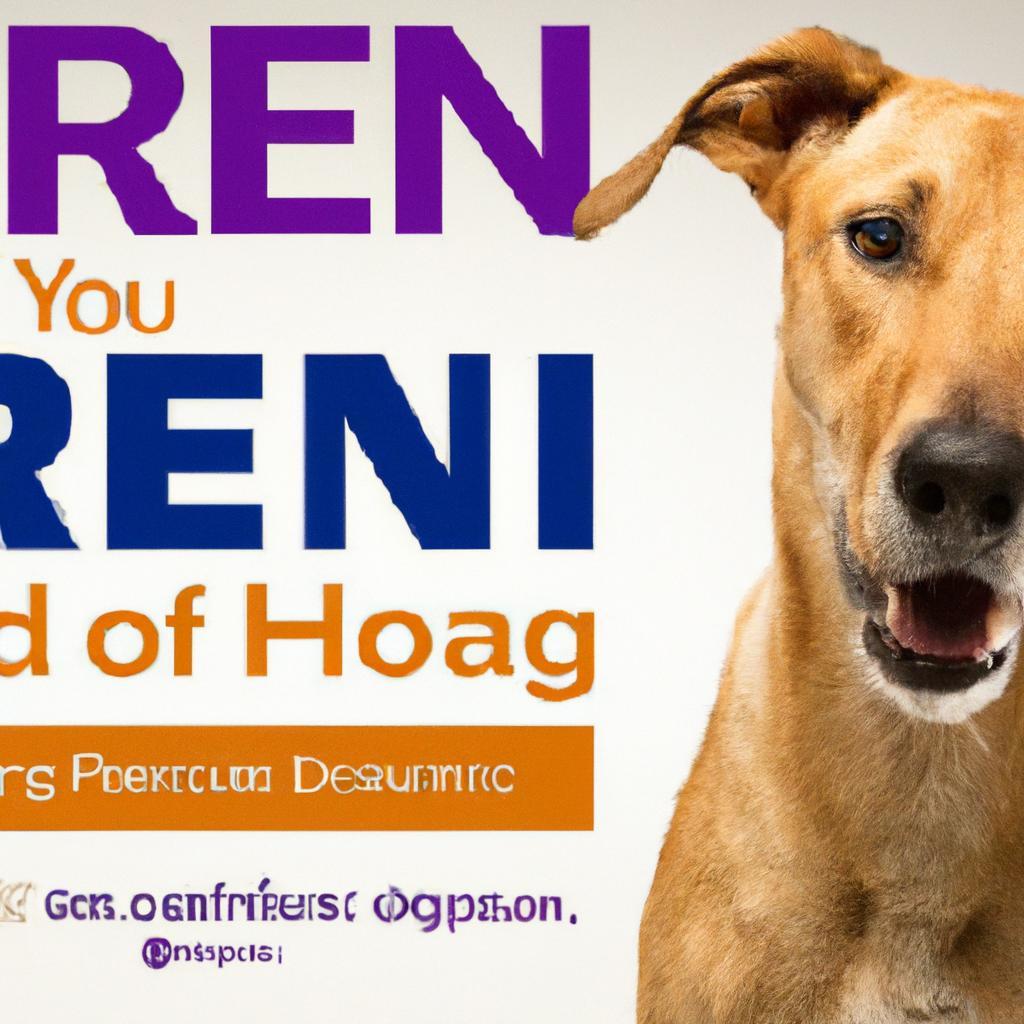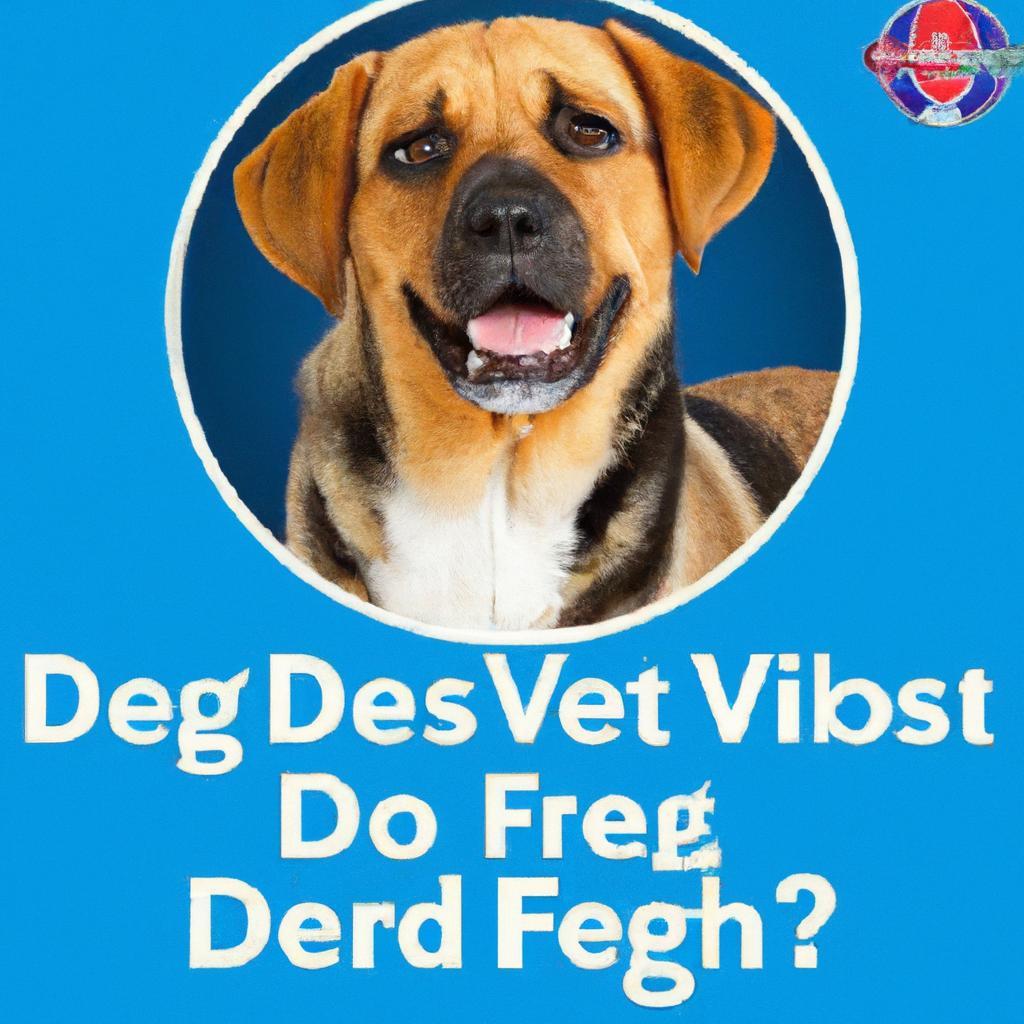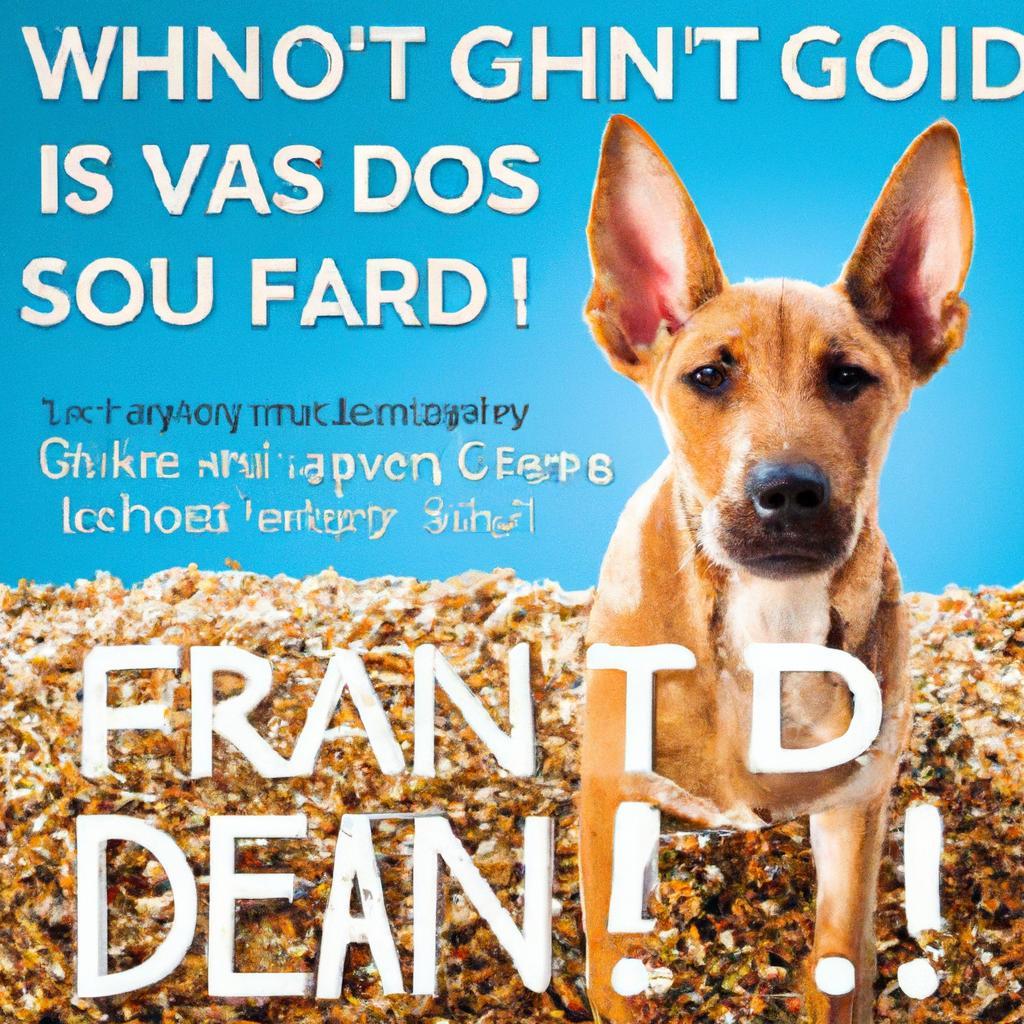When Sarah adopted Max, her energetic rescue pup, she was determined to give him the best. After hearing buzz about grain-free dog food, she switched his diet, convinced it was the healthiest choice. However, during a routine vet visit, Dr. Lewis gently advised her otherwise. He explained that while some dogs thrive on grain-free diets, many do not need them and can suffer from nutritional deficiencies. Trusting her vet’s expertise, Sarah returned to a balanced diet, and Max flourished. Remember, your vet knows best—prioritize their guidance for your furry friend’s health!
Contents
- Understanding the Nutritional Needs of Dogs in Relation to Grain-Free Diets
- Evaluating the Potential Health Risks Associated with Grain-Free Dog Food
- Expert Opinions: What Veterinarians Say About Grain-Free Options
- Making Informed Choices: Recommendations for Pet Owners Considering Grain-Free Diets
- Q&A
Understanding the Nutritional Needs of Dogs in Relation to Grain-Free Diets
When considering a grain-free diet for dogs, it’s essential to understand their unique nutritional requirements. Dogs are omnivores, which means they thrive on a balanced diet that includes proteins, fats, carbohydrates, vitamins, and minerals. While grains have traditionally been a staple in many commercial dog foods, the shift towards grain-free options has sparked a debate about whether these diets meet the nutritional needs of our canine companions.
One of the primary concerns with grain-free diets is the potential for nutrient deficiencies. Grains are a source of essential nutrients, including fiber, B vitamins, and minerals. When grains are removed from a dog’s diet, it’s crucial to ensure that these nutrients are replaced with alternative ingredients. This can be achieved through a careful selection of high-quality protein sources, fruits, and vegetables that can provide the necessary vitamins and minerals. **Consulting with a veterinarian or a pet nutritionist** can help pet owners formulate a balanced diet that meets their dog’s specific needs.
Moreover, the rise of grain-free diets has been linked to certain health concerns, particularly regarding heart health. Recent studies have suggested a potential association between grain-free diets and canine dilated cardiomyopathy (DCM), a serious heart condition. While the research is ongoing, it highlights the importance of **monitoring your dog’s health** and being aware of any changes that may arise from dietary adjustments. Regular veterinary check-ups can help identify any issues early on and ensure that your dog remains healthy and happy.
Ultimately, the decision to switch to a grain-free diet should be made with careful consideration and professional guidance. While some dogs may thrive on grain-free formulations, others may do better with a diet that includes grains. **Understanding your dog’s individual health needs, activity level, and any food sensitivities** is key to making an informed choice. By prioritizing a balanced and nutritious diet, pet owners can support their dogs’ overall well-being and longevity.
Evaluating the Potential Health Risks Associated with Grain-Free Dog Food
As pet owners increasingly turn to grain-free diets for their dogs, it’s essential to consider the potential health risks that may accompany such choices. While grain-free dog food is often marketed as a healthier alternative, recent studies have raised concerns about its long-term effects on canine health. Understanding these risks can help pet owners make informed decisions that prioritize their furry friends’ well-being.
One of the primary concerns associated with grain-free diets is the potential link to canine dilated cardiomyopathy (DCM). This serious heart condition has been observed in dogs consuming certain grain-free foods, particularly those high in peas, lentils, and potatoes. While the exact cause remains under investigation, the correlation has prompted veterinarians to advise caution when selecting grain-free options. Pet owners should be vigilant and consult their veterinarians if they notice any signs of heart issues, such as lethargy, coughing, or difficulty breathing.
Another risk to consider is the nutritional imbalance that can arise from a grain-free diet. Grains often serve as a source of essential nutrients, including fiber, vitamins, and minerals. By eliminating these components, some grain-free formulations may lack vital nutrients that contribute to a dog’s overall health. This deficiency can lead to gastrointestinal issues, weight gain, and other health complications. It’s crucial for pet owners to ensure that their dogs receive a balanced diet, regardless of whether it includes grains.
Lastly, the cost and availability of grain-free dog food can also pose challenges. Many grain-free products are priced higher than their grain-inclusive counterparts, which may not be feasible for all pet owners. Additionally, the limited selection of high-quality grain-free options can make it difficult to find a suitable diet that meets a dog’s specific needs. Pet owners should weigh these factors carefully and consider whether the potential benefits of grain-free diets truly outweigh the risks and challenges involved.
Expert Opinions: What Veterinarians Say About Grain-Free Options
Veterinarians often emphasize the importance of a balanced diet tailored to a dog’s specific needs. While grain-free diets have gained popularity among pet owners, many vets urge caution. They highlight that not all dogs require a grain-free diet, and for some, grains can provide essential nutrients and fiber. A well-rounded diet that includes grains can support digestive health and overall well-being.
Many veterinarians express concern over the potential link between grain-free diets and certain health issues, particularly dilated cardiomyopathy (DCM). Research has suggested that some grain-free formulations, particularly those high in peas, lentils, and potatoes, may be associated with an increased risk of this serious heart condition. Vets recommend that pet owners consult with them before making significant dietary changes to ensure their dog’s health is prioritized.
When discussing grain-free options, veterinarians often point out that the quality of ingredients is paramount. They advise pet owners to look for high-quality protein sources and a variety of fruits and vegetables, regardless of whether the food contains grains. **Choosing a diet that meets AAFCO standards** and is backed by scientific research can help ensure that dogs receive the nutrients they need without unnecessary fillers.
Ultimately, veterinarians advocate for a personalized approach to canine nutrition. They encourage pet owners to consider their dog’s age, breed, activity level, and any specific health concerns when selecting food. **Regular check-ups** and open communication with a veterinarian can help pet owners make informed decisions about their dog’s diet, whether that includes grains or not. By prioritizing health and nutrition, pet owners can contribute to their furry companions’ long, happy lives.
Making Informed Choices: Recommendations for Pet Owners Considering Grain-Free Diets
When considering a grain-free diet for your pet, it’s essential to weigh the potential benefits against the risks. Many pet owners are drawn to grain-free options due to the belief that they can improve digestion and reduce allergies. However, it’s crucial to consult with your veterinarian before making any significant dietary changes. Your vet can help assess your dog’s specific health needs and determine if a grain-free diet is appropriate.
In addition to professional guidance, pet owners should conduct thorough research on the ingredients in grain-free dog foods. Not all grain-free options are created equal, and some may contain high levels of alternative carbohydrates, such as peas and potatoes, which can lead to health issues if consumed in excess. Look for brands that prioritize quality protein sources and include a variety of fruits and vegetables to ensure a balanced diet. Consider the following when evaluating grain-free options:
- Ingredient Transparency: Choose brands that provide clear information about their sourcing and ingredient quality.
- Nutritional Balance: Ensure the food meets AAFCO standards for complete and balanced nutrition.
- Reputation: Research the brand’s history and customer reviews to gauge reliability and effectiveness.
Lastly, monitor your pet’s health closely after transitioning to a grain-free diet. Look for any changes in energy levels, coat condition, and overall well-being. If you notice any adverse reactions, such as gastrointestinal upset or skin issues, consult your veterinarian immediately. Remember, the goal is to provide your pet with a diet that supports their health and happiness, and sometimes that may mean sticking with traditional grain-inclusive options.
Q&A
-
Do vets recommend grain-free dog food for all dogs?
Not necessarily. While some dogs may benefit from a grain-free diet, particularly those with specific allergies or sensitivities, many dogs thrive on traditional diets that include grains. It’s essential to consult your veterinarian to determine the best diet for your dog’s individual needs.
-
Are there any health risks associated with grain-free dog food?
Yes, recent studies have suggested a potential link between grain-free diets and certain health issues, such as dilated cardiomyopathy (DCM) in some breeds. It’s crucial to choose a balanced diet and discuss any concerns with your vet to ensure your dog’s health is prioritized.
-
What should I look for in a grain-free dog food?
When selecting grain-free dog food, look for products that contain high-quality protein sources, a variety of fruits and vegetables, and essential nutrients. Ensure the food is formulated to meet the nutritional levels established by the AAFCO Dog Food Nutrient Profiles.
-
Can grain-free dog food be beneficial for certain dogs?
Yes, grain-free dog food can be beneficial for dogs with specific dietary needs, such as those with grain allergies or sensitivities. However, it’s important to transition gradually and monitor your dog’s health closely, consulting your vet for tailored advice.
while grain-free dog food may appeal to some pet owners, it’s essential to consult your veterinarian for tailored advice. Prioritizing your dog’s health means making informed choices based on expert recommendations. Your furry friend deserves the best!




